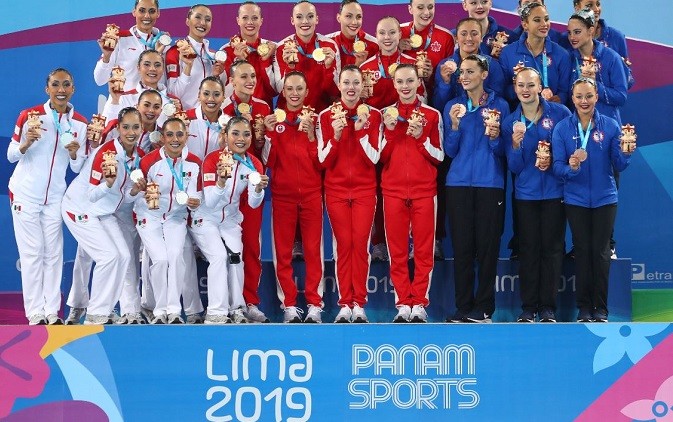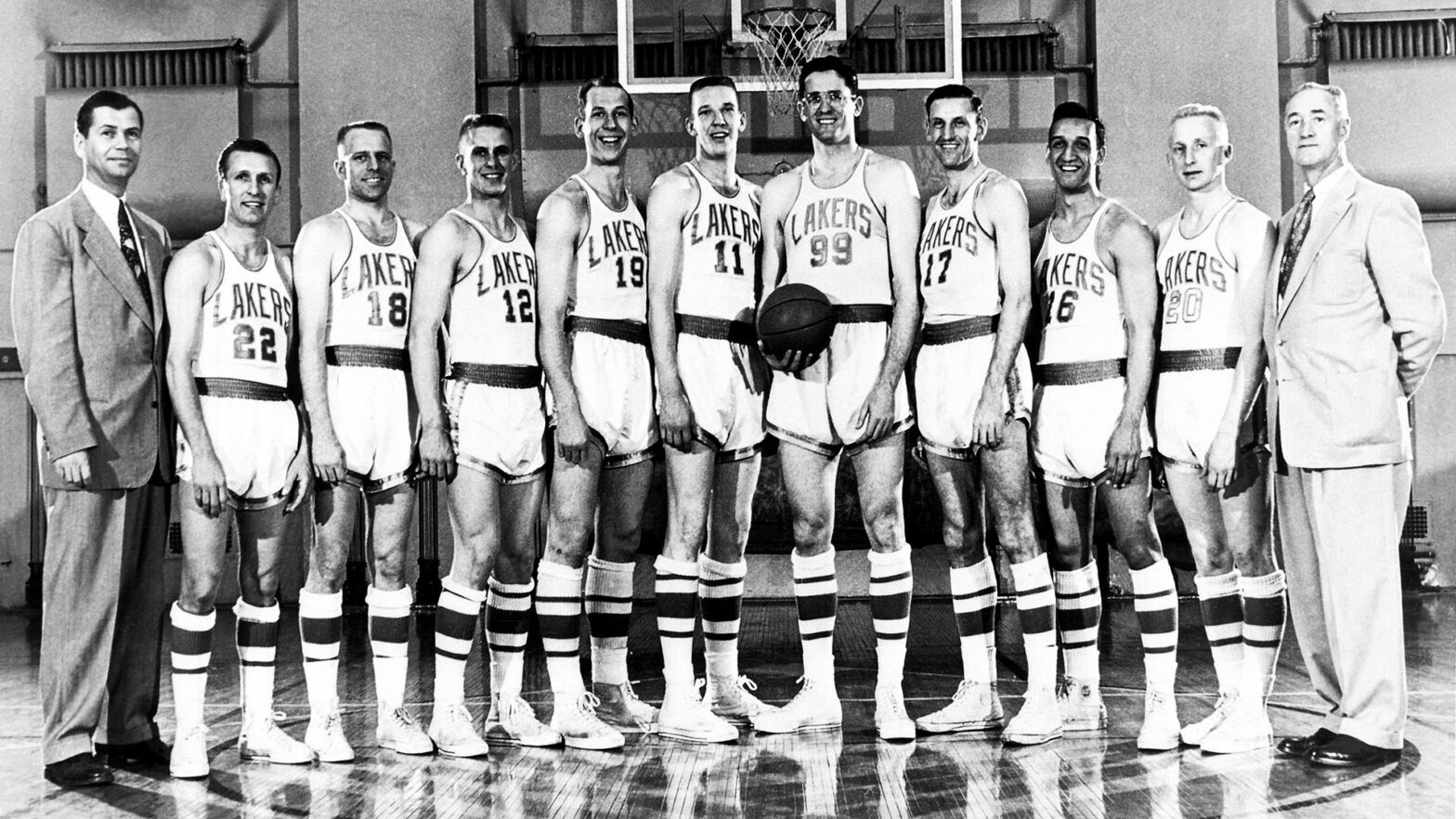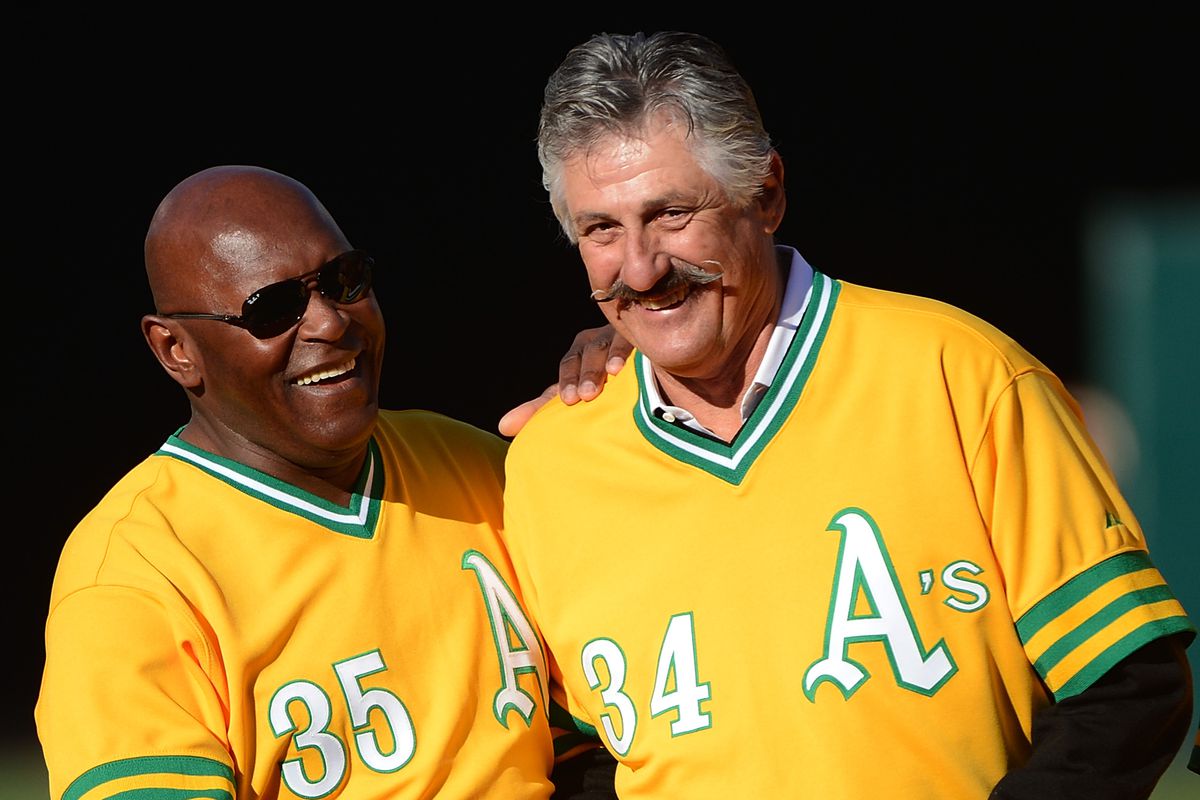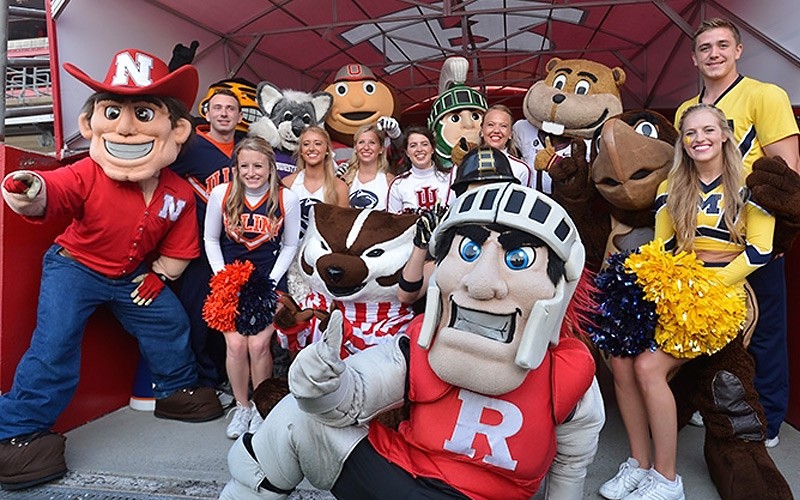The largest biennial sports and humanitarian event – the Special Olympics World Games – gets underway today in Abu Dhabi.
No other organized event in the world has the social and emotional impact of the Special Olympics World Games. For the athletes and their families, the experience opens doors to unimagined possibilities. A global movement that today serves five million people with intellectual disabilities in more than 170 countries, Special Olympics offers the chance to play, the chance to compete and the chance to grow.
From a backyard summer camp for people with intellectual disabilities to a global movement, Special Olympics has been changing lives and attitudes since 1968.
Eunice Kennedy was the fifth of nine children born to Joseph and Rose Kennedy. Her older sister, Rosemary, had an intellectual disability. Recognizing that this neglected population was often excluded and treated unjustly, Eunice began to contemplate how to improve and enhance the lives of the intellectually challenged.
Following her graduation from Stanford, Kennedy worked in the U.S. State Department. In 1950, she served as a social worker at the Penitentiary for Women in West Virginia, and the following year moved to Chicago to work for a women’s shelter and the Chicago Juvenile Court.
In 1953, Eunice married Robert Sargent Shriver Jr. Four years later, Mrs. Shriver took over direction of the Joseph P. Kennedy Jr. Foundation. Established in 1946 as a memorial to her oldest brother, who had been killed in World War II, the Foundation aims to help prevent mental retardation by identifying its causes and improve the way society deals with its intellectually disabled.
Special Olympics is everything that’s good and right about sports. It teaches, it entertains, it motivates.
An athlete in college, Eunice Kennedy Shriver understood that sports could be a common ground to unite people from all walks of life. She believed that if people with intellectual disabilities were given the same opportunities and experiences as everyone else, they could accomplish far more than anyone ever thought possible. Mrs. Shriver put that vision into action in 1962 by inviting young people with intellectual disabilities to a summer day camp she hosted in the back yard of her farm in Maryland. She called it Camp Shriver. The goal was to explore their capabilities in a variety of sports and physical activities.
Eunice recruited high school and college students as counselors. It was almost a one-on-one situation – 34 children, 26 counselors. An instant success, the camp continued and flourished. From that camp came the concept of Special Olympics, an organization dedicated to empowering people with intellectual disabilities to realize their full potential and develop skills through sports and competition.
Working with the Chicago Park District, the Kennedy Foundation planned and underwrote the first International Special Olympics Summer Games. On July 20, 1968 – six weeks after her brother, Senator Robert F. Kennedy, was gunned down in Los Angeles, Eunice Kennedy Shriver chaired the inaugural Games. Held at Chicago’s Soldier Field, the Opening Ceremony included a teen runner carrying a torch to light a 45-foot high “John F. Kennedy Flame of Hope.”
At the World Games, the entire Special Olympics movement comes together to see our athletes in action and celebrate their victories over huge odds.
More than 1,000 athletes from 26 states and Canada competed. The event included a broad jump, softball throw, high jump, water polo, 40-yard dash and swimming races. At the conclusion of the competition, Mrs. Shriver pledged that more Games would be held in 1970 and every two years thereafter. Later that year, the Special Olympics was officially incorporated.
The world’s largest sports organization for the intellectually impaired, the Special Olympics is recognized by the International Olympic Committee. Following the highly successful inaugural event, the Games returned to Chicago in 1970. The first four events were Summer Games. In 1977, Winter Games were introduced – in Steamboat Springs, Colorado.
The Special Olympics World Games occur every two years and alternate between summer and winter competitions. This year’s event marks the 15th edition of the Summer Games, which were contested outside the United States for the first time, in Dublin, in 2003. There have been 11 Winter Special Olympics, six of them in the U.S. The Winter Games have also taken place in Austria, Canada, Japan and South Korea.
Special Olympics is everything that’s good and right about sports. It teaches, it entertains, it motivates.
The Special Olympics World Games create positive change within host countries. In Ireland, a new disability act was passed after Dublin hosted the event in 2003. In the lead-up to the 2007 Shanghai Games, China unveiled an unprecedented five-year government plan for its citizens with intellectual disabilities. It included new educational, job and health care opportunities for those in need across the nation.
This spring marks the first time the Special Olympics will be held in the Middle East. Zayed Sports City Stadium, the largest venue in the United Arab Emirates, will serve as the main venue. Seven-thousand athletes are expected to compete in 24 events this week, while 2,500 coaches and 20,000 volunteers will be providing support. The Abu Dhabi World Games – with the motto, Meet the Determined – will feature a record-192 participating nations. The Games open today and conclude with a closing ceremony March 21.
The Special Olympics World Games embrace unity, achievement and dignity. The organization’s goal is to continue that same feeling long after the competitions are over.









